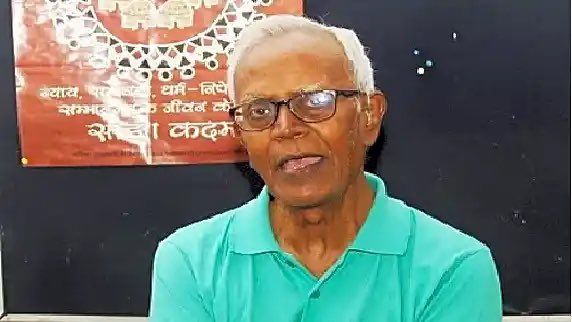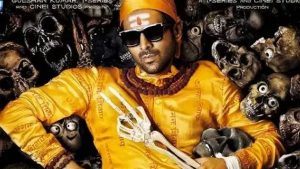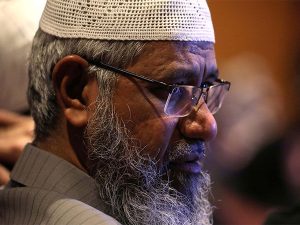Stan Swamy, the tribal rights activist who was arrested under an anti-terror law in the Elgar Parishad case last year, died in Mumbai on Monday, his lawyer informed the Bombay High Court when the court took up his bail plea. The 84-year-old priest had been on ventilator support since yesterday.
Swamy, who had been in Mumbai’s Taloja jail since 2020, was being treated at the Holy Family Hospital following a court order on May 28.
Also Read | NIA arrests Fr Stan Swamy in Bhima Koregaon case, will move him to Mumbai
Last month, the National Investigation Agency (NIA) had filed an affidavit before the HC opposing Swamy’s bail plea. It had said that there did not exist “conclusive proof” of his medical ailments. It alleged that Swamy was a Maoist, who had hatched a conspiracy to create unrest in the country, reports PTI.
Swamy had tested positive for coronavirus at a private hospital last month and was subsequently shifted to the ICU. His plea for medical bail and bail on merits was listed for hearing in the high court on Friday but could not be taken up due to paucity of time.
The Elgar Parishad case is related to inflammatory speeches made at a conclave held in Pune on December 31, 2017, which, the police claimed, triggered violence the next day near the Koregaon-Bhima war memorial located on the outskirts of the western Maharashtra city.
Swamy and his co-accused had been charged by the NIA with being members of frontal organisations working on behalf of the banned CPI (Maoists).
Last week, Swamy had challenged in the Bombay High Court a provision of the stringent Unlawful Activities Prevention Act (UAPA) dealing with grant of bail, contending it has created an “insurmountable hurdle” for those seeking relief.
Also Read | Activist-poet Varavara Rao gets interim bail in 2016 Surjagarh iron ore mine arson case
Swamy said section 43D(5) of the UAPA was violative of the accused person’s fundamental right to life and liberty as guaranteed by the Constitution. Swamy’s plea stated that presumption of innocence is a fundamental tenet of criminal jurisprudence and when a harsh condition, such as that mentioned above is imposed on grant of bail, even before the trial is conducted, the same “inverts on its head, the principle of presumption of innocence.” The plea also stated that the provision under the UAPA to brand certain organisations as a front for banned or terrorist organisations was bad in law.





